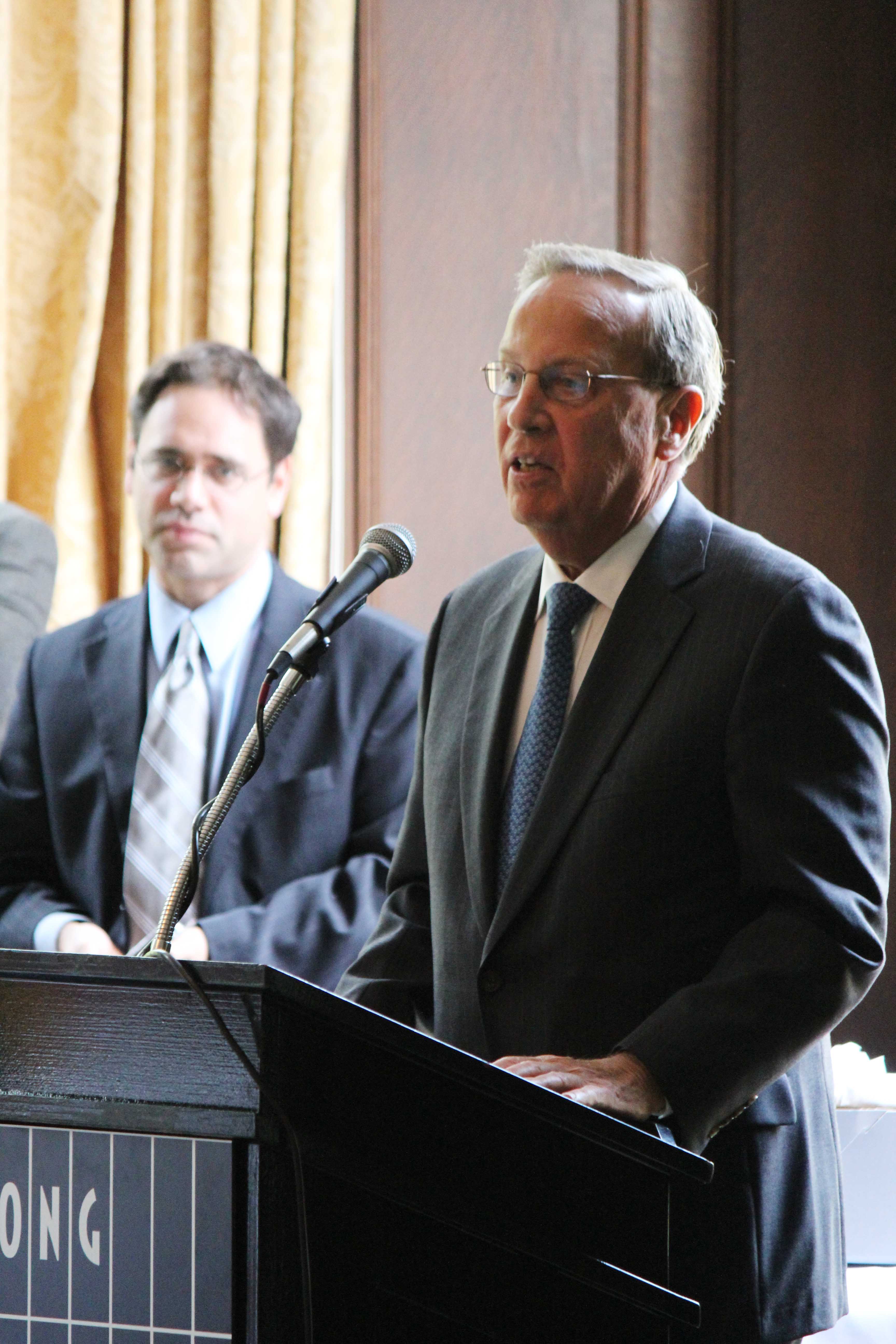
In 2014, Yale first launched Massive Open Online Courses on Coursera, an education platform that partners with the nation’s top universities to offer online classes for anyone in the world to take. Now, one year later, Yale has begun to offer its first “on-demand” MOOCs — courses which have rolling registration so students can join in at any time.
Coursera developed on-demand MOOCs in recent months to address issues of accessibility among its users. Lucas Swineford, Yale’s executive director of digital dissemination and online education, said Coursera had previously operated on a session-based model, where students who wanted to take Yale MOOCs but who had missed the registration deadlines would often have to wait until the classes finished to re-enroll for the next cycle. In addition to the new on-demand MOOCs, Swineford highlighted Coursera’s new “auto-cohort” feature offered for on-demand classes. This allows Coursera to register a new group of students about every three weeks so students can enjoy the freedom on-demand offers but also retain a classroom feel. This year’s Yale on-demand courses include “Introduction to Negotiation” by School of Management professor Barry Nalebuff, “A Law Student’s Toolkit” by Yale Law School professor Ian Ayres ’81 LAW ’86 and “The Global Financial Crisis” by SOM professor Andrew Metrick ’89 GRD ’89 and Timothy Geithner, former secretary of the U.S. Department of the Treasury.
“Our main goal is to amplify the impact of Yale’s great teachers,” Swineford said. “We want to extend the reach of some of this incredible educational material from the best Yale faculty members.”
Although Ayres, Nalebuff and Metrick have never taught online courses before, all three said they felt optimistic about what their on-demand MOOCs could achieve.
Ayres stressed the flexibility that on-demand MOOCs offer students. His course, which lasts just three weeks, aims to give a brief introduction to the terminology and concepts lawyers and legal academics use to craft their arguments. He said his on-demand class especially benefits students who are only interested in some of the topics he covers. Since students can enroll in the course whenever they want; they do not have to take the entire course to access a specific set of lectures. Ayres said he has also attempted to make his lectures more “modular,” meaning students do not have to have viewed previous lectures to understand current course material.
Nalebuff also spoke to the benefits on-demand MOOCs offer students. In particular, he stressed how students could learn at their own pace.
“The students have much more control,” he said. “They can rewind or jump ahead.”
Nalebuff’s class also retains the student-to-student interaction Coursera’s traditional session-based classes foster. Nalebuff said students would not only have the chance to analyze negotiations but also to shape their own with other students using case studies.
However, Nalebuff expressed concern that on-demand MOOCs could interfere with productive student learning. Since scheduling is up to the learner in the on-demand format, he worried that some students may fall behind or lose focus.
While “The Global Financial Crisis” is an adaptation of a popular on-campus class Metrick and Geithner taught at Yale, Metrick said he does not believe the course’s on-demand format will affect student learning. He said he was more worried in the shift in medium itself — students might not learn as effectively simply by watching lectures online. However, Metrick said the online discussion forums offered by Coursera may provide the necessary platform for student-student interaction and enable him to monitor how well students are progressing through his class.
History of Art professor Diana Kleiner, the founding director of Open Yale Courses — Yale’s first foray into the online education — saw Yale’s new on-demand MOOCs as a positive step forward, especially in the area of accessibility. Nevertheless, she cautioned Yale from offering exclusively on-demand MOOCs, even if they prove more popular among students because of convenience. In particular, she stressed the importance of a multioptional learning platform, especially since Yale has only delved into online teaching recently.
“I think we are still in a ‘let all flowers bloom’ stage of online education development,” she said. “Courses need to meander and ebb and flow.”
Former University President Richard Levin is the current CEO of Coursera.







